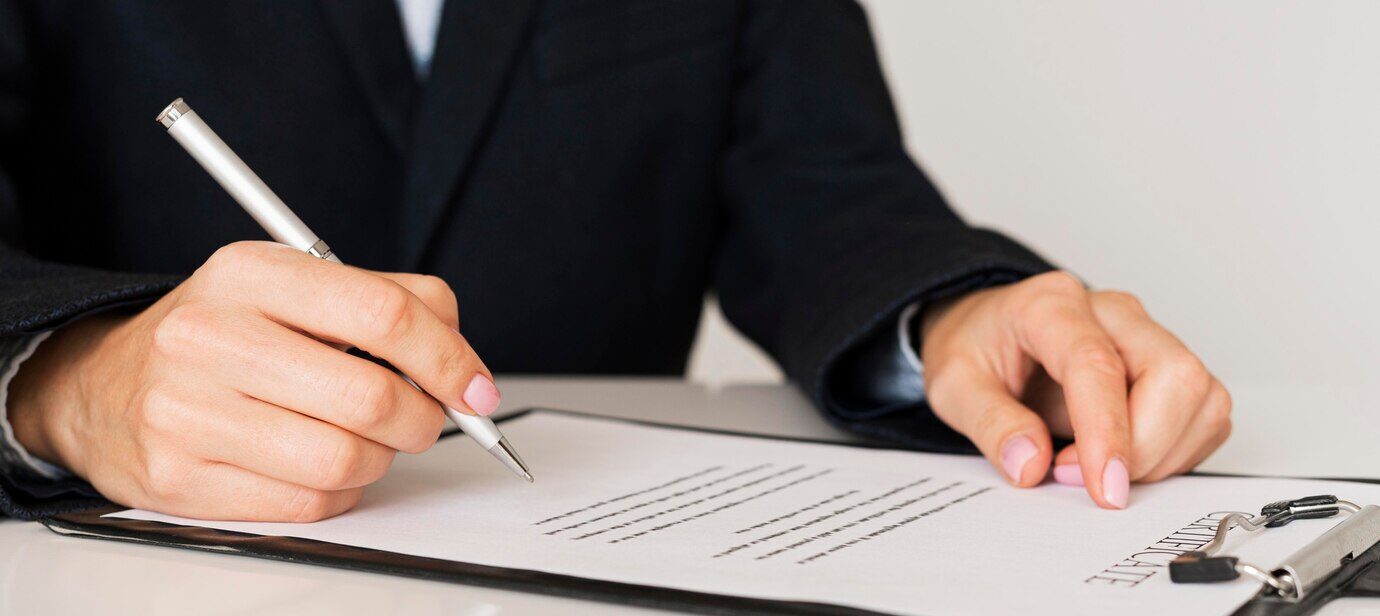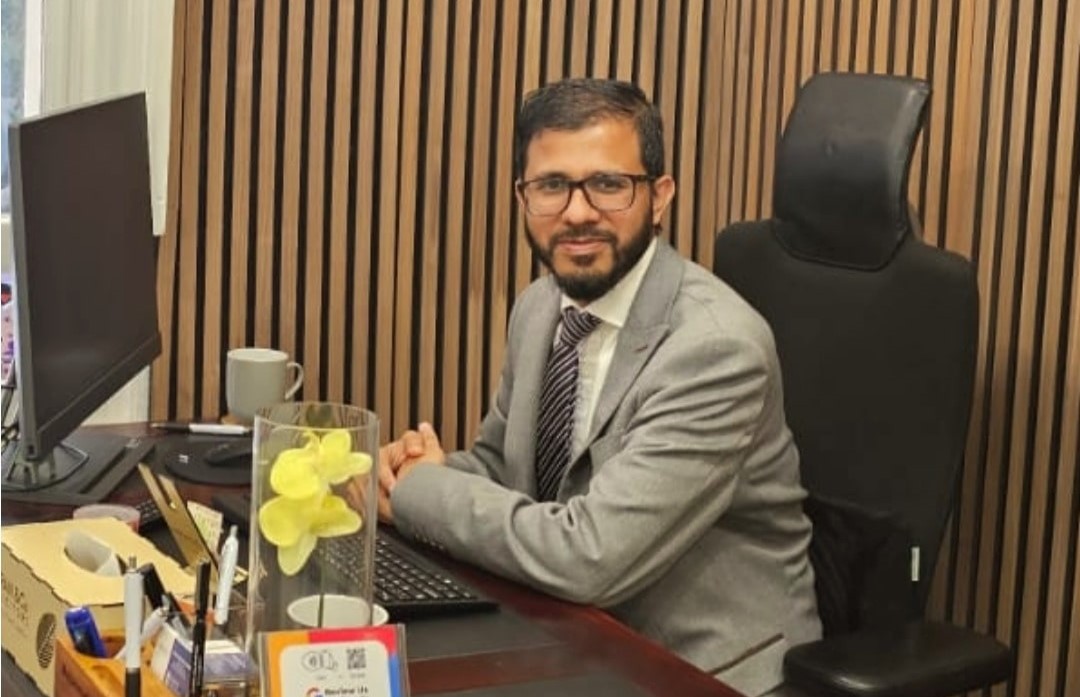
Overview
Licensing Route in Civil Litigation (UK)
Licensing in the UK encompasses a wide range of activities regulated by various authorities to ensure public safety, fairness, and compliance with the law. When disputes arise over licensing decisions—such as the grant, renewal, modification, or revocation of a license—affected parties may seek resolution through civil litigation. This guide provides an overview of the licensing route in civil litigation, including the process and frequently asked questions.
What is Licensing in the UK?
Licensing refers to the legal authorization required to carry out specific activities or operations that are regulated by law. Common types of licenses include:
- Alcohol and Entertainment Licenses
- Taxi and Private Hire Vehicle (PHV) Licenses
- Gambling Licenses
- Premises Licenses
- Environmental Permits
- Street Trading Licenses
Licensing is usually overseen by local authorities, government departments, or regulatory bodies. They are responsible for granting, renewing, and enforcing licenses based on compliance with relevant laws and regulations.
Common Licensing Disputes:
Disputes can arise in various contexts, such as:
- Refusal to Grant or Renew a License: Applicants may dispute a decision to refuse a license.
- Modification of License Terms: Disagreements over changes imposed on the conditions of an existing license.
- License Revocation or Suspension: Challenges against the withdrawal or temporary suspension of a license.
- Enforcement Actions: Legal actions taken by authorities for alleged breaches of license conditions.
Initial Steps: Negotiation and Appeals
Before pursuing civil litigation, individuals and businesses affected by licensing decisions should consider the following steps:
Review the Decision:
- Understand the Grounds: Carefully review the reasons provided by the licensing authority for their decision. It’s important to understand the legal and regulatory basis for their actions.
Informal Negotiation:
- Engage in Dialogue: Where possible, try to resolve the issue informally by discussing it with the licensing authority. This can sometimes lead to a compromise or reconsideration without the need for formal proceedings.
Formal Appeal:
- Use the Appeal Process: Many licensing decisions have an associated appeal process. For instance, you can appeal to the local council or a specific tribunal, depending on the type of license involved.
Civil Litigation Route: Judicial Review
If the dispute is not resolved through negotiation or the formal appeal process, the next step may be civil litigation, typically in the form of a judicial review:
What is Judicial Review?
- Challenging the Decision: Judicial review is a legal process in which the courts assess the lawfulness of a public body’s decision. It does not re-evaluate the merits of the decision but focuses on whether it was made fairly, followed due process, and was within the authority’s legal powers.
Grounds for Judicial Review:
- Illegality: The authority acted beyond its legal powers.
- Procedural Unfairness: The decision-making process was unfair or biased.
- Irrationality: The decision was unreasonable or lacked logic.
- Proportionality: The decision disproportionately affects the applicant.
The Judicial Review Process:
- Pre-Action Protocol: Before applying for judicial review, the claimant must follow the pre-action protocol, which includes sending a letter to the authority outlining the grounds for the review and seeking a resolution.
- Filing for Judicial Review: If the issue is not resolved, the claimant can file a judicial review claim in the High Court.
- Court Hearing: The case is heard by a judge, who will decide whether the authority’s decision was lawful.
- Possible Outcomes: The court may quash the decision, order the authority to reconsider, or dismiss the claim.
Possible Outcomes:
Decision Overturned:
- Quashing Order: The court may quash (nullify) the licensing decision, requiring the authority to reconsider the application or follow proper procedures.
Decision Upheld:
- Dismissal: If the court finds that the decision was lawful and fair, the claim will be dismissed, and the original decision will stand.
Compensation:
- Damages: In rare cases, the court may award damages if the claimant suffered loss due to an unlawful decision.
Legal Aid and Support:
Legal aid may be available for those who cannot afford the costs of civil litigation, particularly if the case involves a matter of significant public interest. Seeking legal advice early in the process is crucial to understanding your rights and options.
FAQ (Frequently asked questions):
A license is a legal authorization granted by a relevant authority, allowing an individual or business to engage in specific regulated activities, such as selling alcohol, operating a taxi, or running a gambling establishment.
Yes, you can challenge a refusal by first appealing through the relevant formal appeal process. If that is unsuccessful, you may consider seeking a judicial review if there are grounds to believe the decision was unlawful or unfair.
Judicial review is a legal process where the court reviews the lawfulness of a decision made by a public body. Consider it if you believe the licensing decision was made unfairly, without proper procedure, or beyond the authority’s legal powers.
The process can take several months to a year or more, depending on the complexity of the case and the court’s schedule. It starts with the pre-action protocol and may culminate in a court hearing.
Success in judicial review depends on demonstrating that the licensing decision was unlawful, unfair, or irrational. It’s not about the merits of the decision but whether it followed the correct legal procedures.
The pre-action letter should outline the grounds for your challenge, detail how the decision was allegedly unlawful or unfair, and request that the authority reconsider its decision. This letter is a critical first step before initiating judicial review.
Compensation is possible but rare in licensing disputes. It may be awarded if you can prove that the unlawful decision caused financial loss or other significant harm.
If you lose, the original licensing decision will stand, and you may be required to pay the legal costs of the authority. However, you may have the option to appeal the court’s decision in certain circumstances.
It depends on the type of license and the nature of the dispute. In some cases, you may be able to continue operating under your existing license while the appeal or review is pending, but this is not always guaranteed.
Legal aid eligibility depends on your financial situation and the specifics of your case. You can check eligibility and apply through the government’s legal aid website or consult a solicitor who can advise you on this matter.
Costs can vary widely depending on the complexity of the case. They include court fees, legal representation, and potential costs if you lose. Legal aid or a Conditional Fee Agreement (no win, no fee) may be options to manage these costs.
If your license conditions are modified and you disagree with the changes, you can challenge them through the appeal process or, if necessary, seek judicial review if the changes were imposed unfairly or unlawfully.
For Expert legal advice and assistance, reach out to Imran & Co Solicitors today.
Immigration
Services

Personalized Legal Assistance

Experienced Legal Team
Get Free Advice




